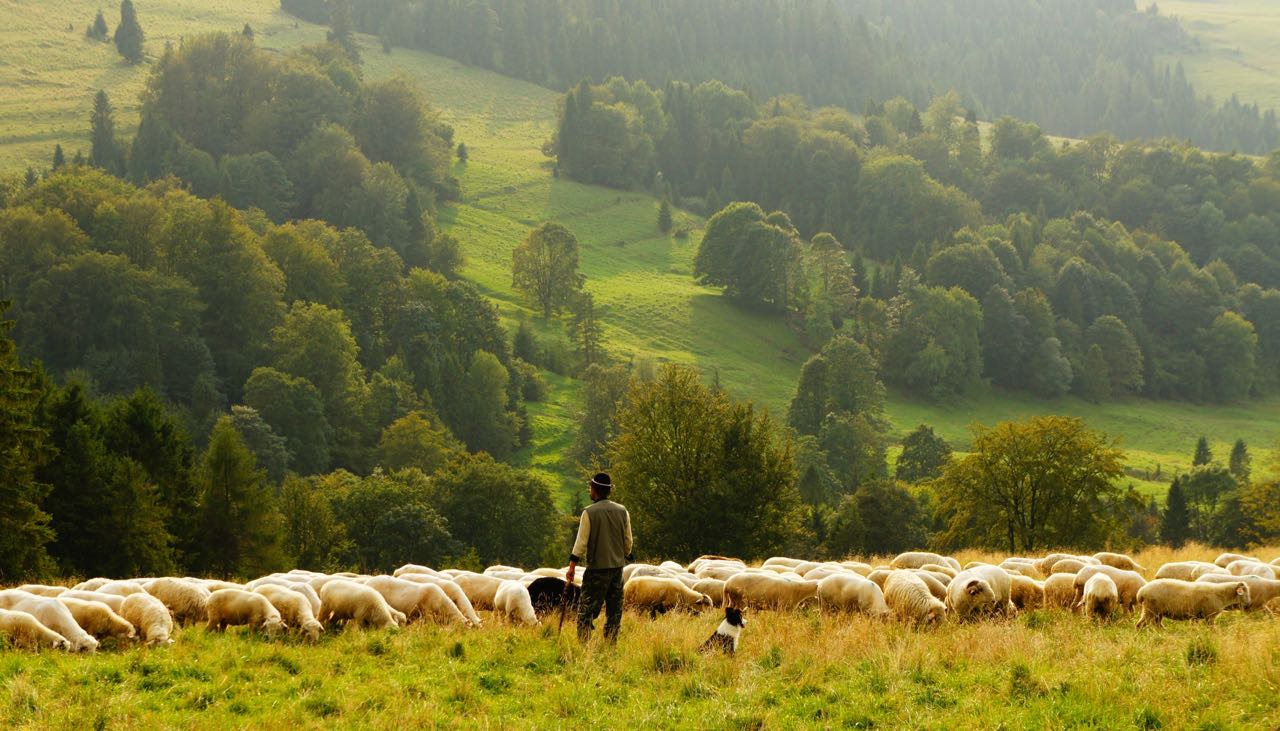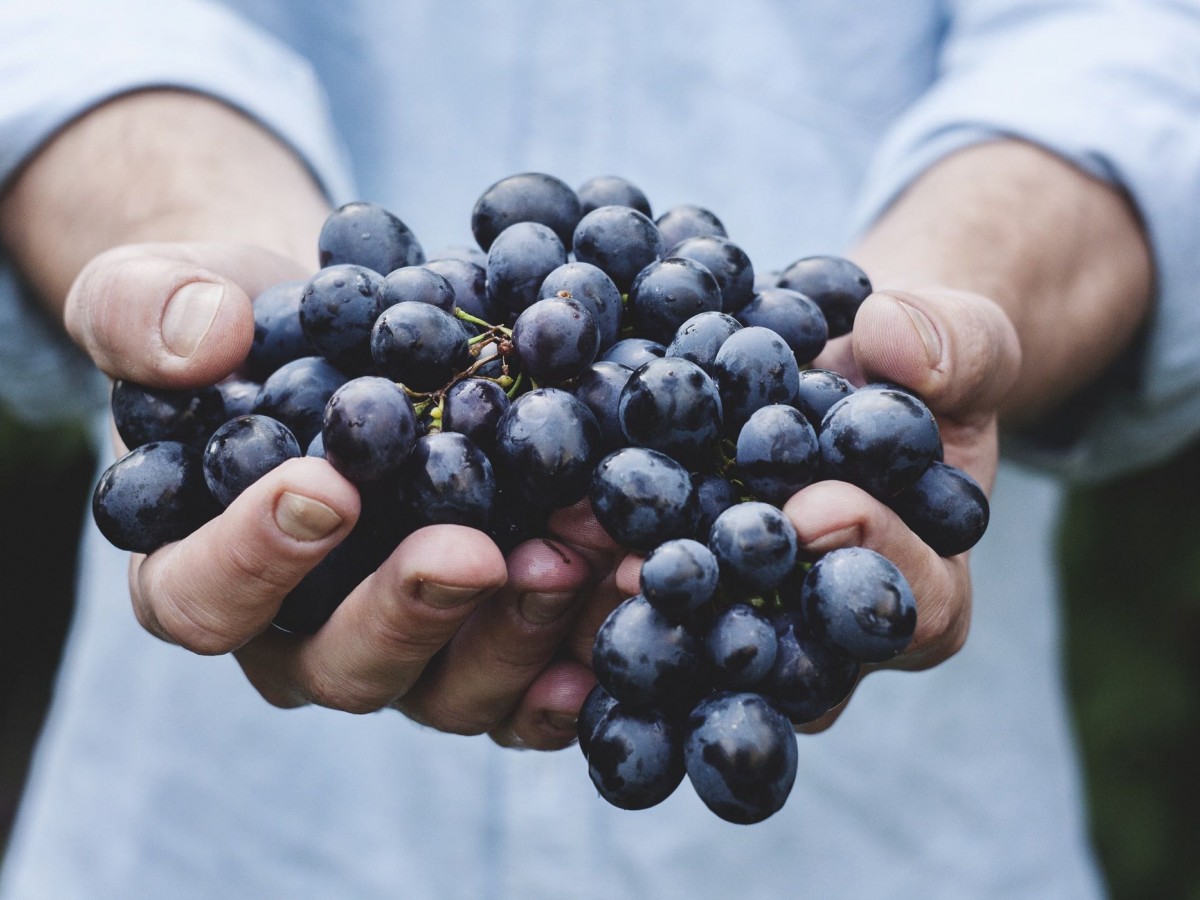And the day came when the risk to remain tight in a bud was more painful than the risk it took to blossom.
-Elizabeth Appell
I once spent a year "teaching" English in Taiwan. I say "teaching" with a sense of irony, because as you can imagine, living abroad turns you into more of a student than a teacher.
It was the education of my palate that really brought this home to me.
Before departing for the mysteries of the East, I was naive about many things. But I was especially clueless about the narrowness of my palate. In spite of growing up in a "healthy", semi-vegetarian home, my plate differed little from the typical American plate: a serving of bland starch, next to a serving of soft veggies, next to a thud of monotonous protein, served with a slice of gummy bread or brittle toast.
Even when we decided to really "get healthy", all it meant was that the broccoli servings got larger (and mushier), the bread got crumblier, and the protein got more glutinous. There was no change in the primary colors of our cuisine, just a change in its primary hue—from beige to brown. (These were the low-fat Pritikin years, when my physician father was on a mission to end flavor as we knew it. OMG. My dear mother did her best.)
Along came Asia: a bewildering landscape of food that didn't look, smell, feel, or taste anything like what I expected. I felt our local Chinese restaurant, The Hong Kong, had left me severely unprepared. I was drowning in a tsunami of newness.

In fact, I went on a bit of a hunger strike. I remember furiously writing letters home, pleading for care-packages full of noshes and nibbles to sustain me. But between air freight and air mail (this was before email), I just got too damn hungry. Something had to give.
The Adventist Student Missions Office had placed me with a local Chinese family for room and board. It was a cozy deal. Their job was to feed me (and keep a roof over my head during the monsoons) and my job was to tutor their kids in the evenings—after my day job teaching English across the street.
The teaching was easy; the learning was difficult—learning to eat, I mean.
But a funny thing happened along the way to starvation: I learned to suspend judgement. The food in Taiwan kept fooling me. Things that looked safe often tasted evil, while things that looked disgusting often tasted surprisingly good. I learned to lead with my tongue and my hunger instead of with my eyes and my prejudices. It became fun. It became delicious. A nourishing adventure. I could not have anticipated this. I remember discovering once that I even liked Chinese menudo (to the everlasting joy of my students...and everlasting horror of my friends back home).
But apart from the odd bits of animals, I especially learned to appreciate the odd bits of forest and field: mushrooms I had never heard of deftly captured my tastebuds with plush woodland notes and meaty textures. And then there were the subtleties of bamboo and the nose-flaring properties of fermented tofu. And everywhere ginger. And still more ginger.
It was November 1989. The Berlin Wall fell. Smack. Just like that. I remember watching it on television from a damp hotel in Hong Kong, where I was taking a break from teaching. The East-meets-West drama unfolding in Germany was like a symbol of what was unfolding in me, half a world away. My provincial food fears were giving way, concrete bit by concrete bit, then slab by slab. And none to soon: I had lost about 20 lbs I couldn't really afford to lose. (Wanna go on a diet? Freak yourself out with a completely new cuisine all at once.)

All that to say this (or ask this): What is the opportunity cost of NOT giving up the American mono-palate? What are you missing, when you stay entrenched in your culinary comfort zone, forever? What happens if you fail to experience food as a nourishing tradition, or adventure, or as the unique product of a particular place with its own soil, biologic inputs, and taste? Is it worth clinging to your comfy nosh, to miss all that?
Readers have asked me why I focus so much on food. It's a great question that I am only too happy to answer: I focus on food because food isn't just what makes it onto your plate; it's what makes it into your mind. Because what makes it into your mind—what captures your attention—is ultimately what makes it into your body and stays there to do good work—or not.
I focus on food because the word "nutrition" has collapsed under its own weight; it means little more than "nutrients" and "diets" to most people. And yet all the nutrients and diets in the world will not nourish you if you can't assimilate them, if you can't digest them, can't liberate them, can't tolerate them, or don't enjoy them enough to eat them in the first place. So the state of being nourished—the state of nutrition—must somehow be bigger than nutrients and diets.
"Nutrition is a science, focused on the interactions between living organisms and their food", according to the Nutritional Therapy Association. I love this definition of nutrition, because it gets to the root of where things actually go right, or wrong.
Nutrition is a science, focused on the interactions between living organisms and their food. -NTA
Think about it. Your nutritional status is the sum of all the interactions you are having right now with your food, from soup to nuts: farm to table, dinner to digestion, soil to cells. It runs the gamut, from the quality of food production, preparation, and storage, to the quality of food enjoyment, immune response, absorption, and utilization. If any one of these touch points gets funky, so does your nutrition.
Humans don't really have a diet; they have a dialogue—between their bodies and the environment. Food really is our most pervasive (pernicious or positive) controllable environmental exposure. Food is how the outside gets on the inside. So it's never just about nutrients, or recipes, or food plans; it's always also about medical ecology. Connections. Interactions.
Fortunately, this kind of big-picture awareness starts small; it begins by sniffing around, by trying new things and seeing how you respond. From there, you get curious. You learn where your food comes from, how it's grown, who grows it, and what you think about that, and all the while, you're learning discernment, judging the flavors that come from rich, loamy soil against the flavors that come from thin, depleted soil. The taste of fertilizer vs. fertility.

These days, conventionally grown carrots taste to me like they've been wearing Bilbo's ring of power; they taste "thin, sort of stretched, if you know what I mean: like butter that has been scraped over too much bread". (Bilbo, The Fellowship of the Ring). But I don't know if I would have ever noticed this, if not for my forced food march through Asia. Because my appreciation for food was so low-bandwidth before then and I had an obsessive habbit of disgust. I wanted my carrots to be uniform, chlorinated, washed, topped and packaged. No dirt, thank you very much. And very orange. (I think I would have gone cross-eyed at the sight of an heirloom purple carrot. And positively apoplectic if I'd seen gobbits of earth clinging to it. But then, there was no real danger of that in 1989, was there?)
Things could have been different. But they weren't. Thank God. I was sent to Asia to starve. And to learn to eat something other than taco salad.
I can only wish for you a similar experience. Not a forced march. But an expansion, an opening in the wall of your daily bread. It's easier now than it was then. You don't have to leave the country. We've got whole foods, ethnic foods, heirloom foods, pasture-raised this and that, local, organic, beyond-organic—it's happening everywhere. Novel recipes are a dime a dozen on Pinterest. There are literally millions of cooking videos on YouTube, enough to bring every non-cook in the world back to the kitchen and back to the table, as painlessly as possible. The era of the Jetsons and TV dinners is over. It's the age of purple carrots (again). The future is back and it's more colorful, natural, and delicious than we dreamed.
But don't take my word for it. Try getting out there and interacting with your food yourself. You might as well; it's interacting with you. Here are a few resources to get you started:
Find a Farmer Near You:
Central Oregon Farm-to-Table Links:
Learn to Cook:
- Subscribe to America's Test Kitchen (Season 15 is included with your Prime Membership on Amazon if you want to check it out.)
Get creative. When you cut out the middle man, many things are possible. For example, my wife has traded photography services for raw cheese from a local dairy. Or, you could harvest berries in return for a reduced rate (and all you can eat along the way). Or, you could put your kids to work. Or, you could plant your own garden (and put your kids to work). It doesn't have to take a lot of money. But it will take a kind of investment in yourself: a willingness to take control of, and take joy in, your most potent environmental exposure: food.
Because here's the deep magic of real food: when you learn to appreciate it, it appreciates you back.
Yours in Health and Resilience,
Marc Wagner, MD, MPH, NTP
What to Read Next:
- What Do We Feed 9 Billion People?: The Case for a Greener Revolution.
- Fitting Into Your Genes: What Happens When Genes and Environment Don't Match.
- Prepackaged, Prefabricated, and Practically Pre-Chewed: The Making of the Modern Diet.
Don't forget to share your ideas in the comment section below!
